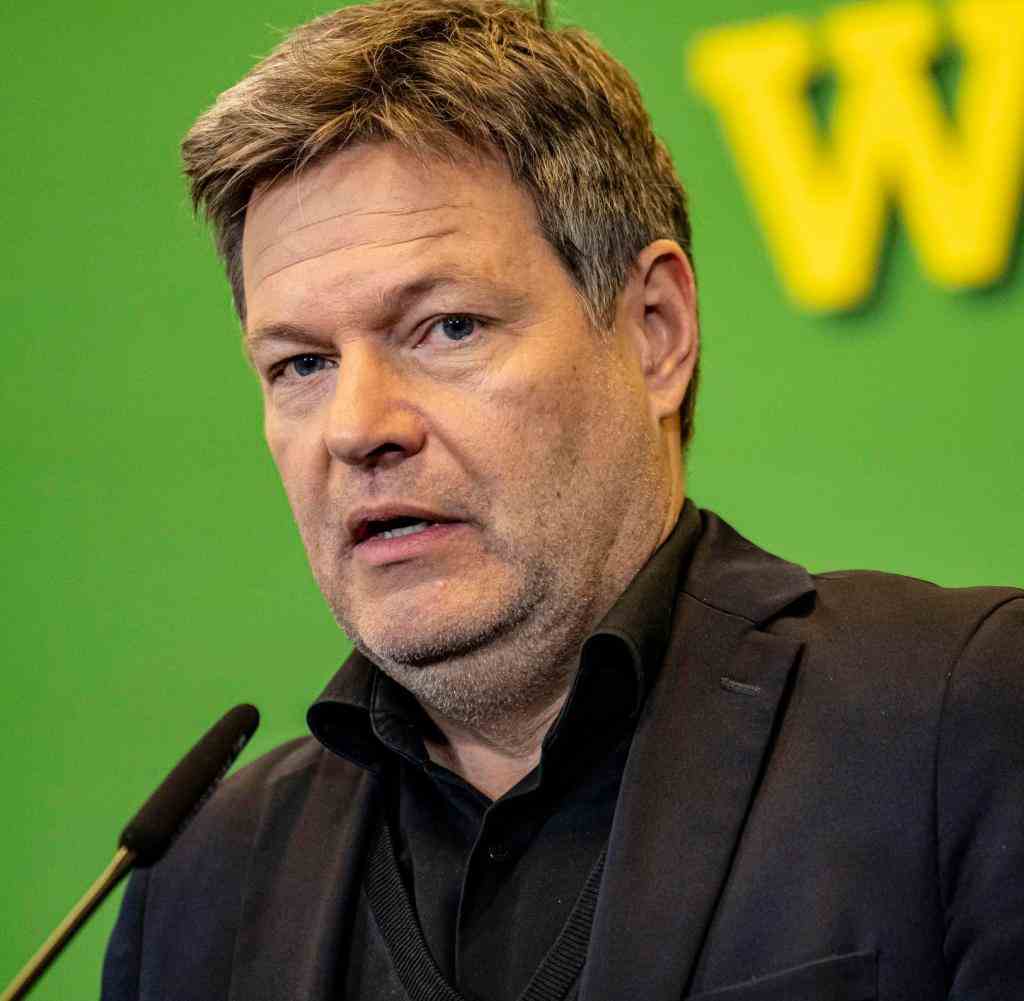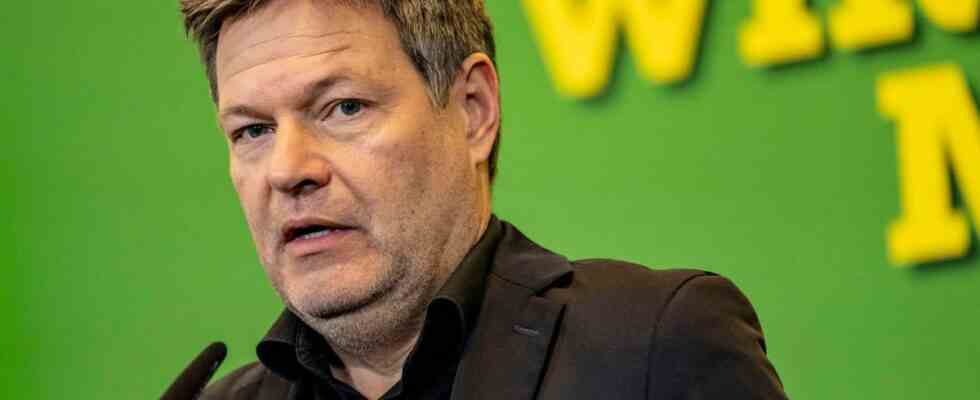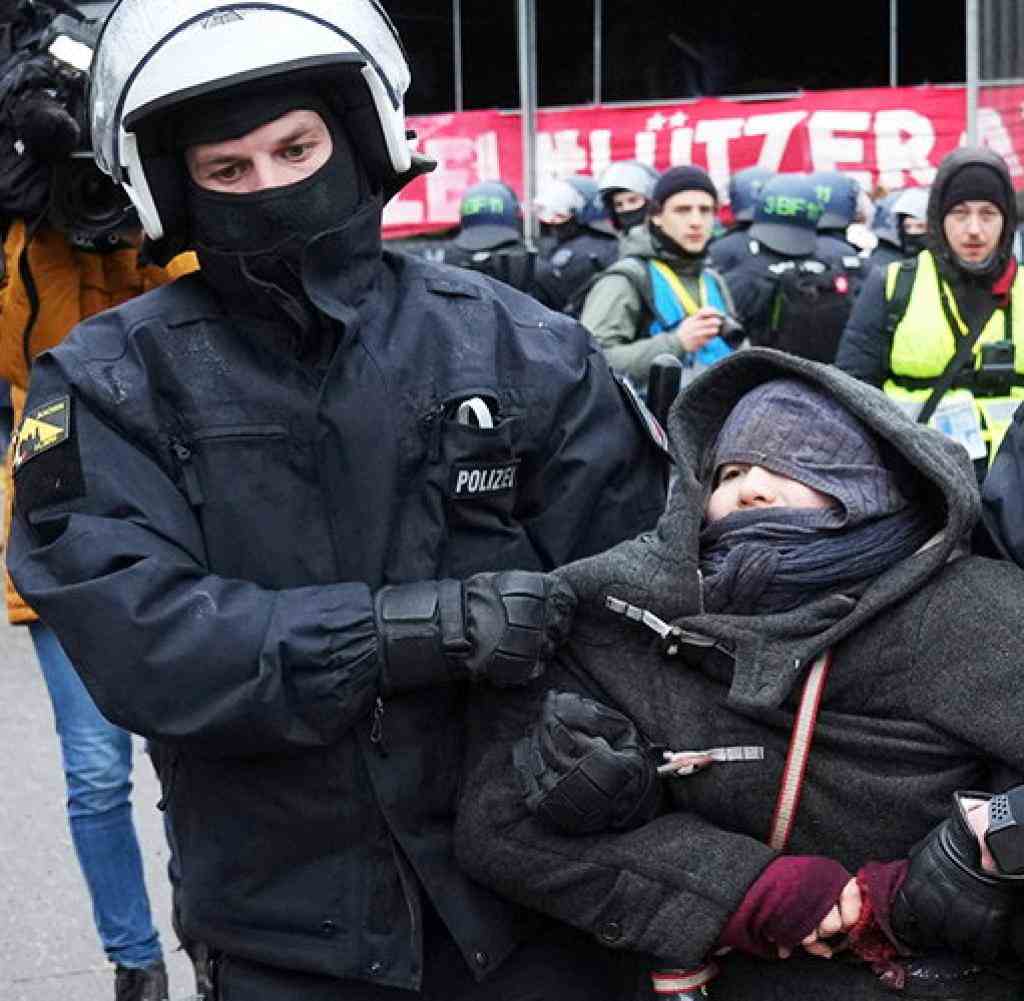Habeck worried – “20-year-olds are now considering whether they even want to have children”

Robert Habeck (Bündnis 90/Die Grünen) feels reminded of the “No Future” debates of the past millennium
Source: dpa
Hopelessness and fear of the future – he knew that from his youth, according to Economics Minister Robert Habeck. Now “No Future” is back, says the 53-year-old, and that’s due to climate change.
BEconomics Minister Robert Habeck (Greens) observed increasing hopelessness among younger people in the climate crisis. “Today, 20-year-olds are considering whether they want to have children at all,” Habeck told the “Spiegel” in one go Interview.
“I know this debate from my youth, it was gone for 30 years, now it’s back,” said the Green politician, adding: “Understandable, the climate crisis is a reality.”
It is now a matter of making the difference in the next few years so that the country becomes climate-neutral by 2045, said the Economics Minister: “The young people we are talking about here may have just started a family. They will have to live with the consequences of the past.” So it’s about their future freedom, “which we have to take care of today”.
“Lützerath is simply the wrong symbol”
At the same time, he criticized the protests by climate activists in the village of Lützerath against opencast lignite mining. “There are many good reasons to demonstrate for more climate protection, including against the Greens. But Lützerath is simply the wrong symbol,” he told the magazine.
The village is just not the symbol for a continuation of lignite mining, but “it’s the end of the line,” as Habeck said. The coal phase-out in the Rhenish mining area is preferred by eight years to 2030, which was always the goal of the climate movement. “The agreement gives us planning security.
Because of them, investments are now being made in a climate-neutral energy supply, in hydrogen power plants,” Habeck defended a corresponding contract between the federal government, the state of North Rhine-Westphalia and the energy company RWE.
His ministry has also written a new law on energy efficiency, which is currently being coordinated in the government. In addition, a law will be presented that “pushes the switch to heating systems with renewable energies,” said Habeck.


